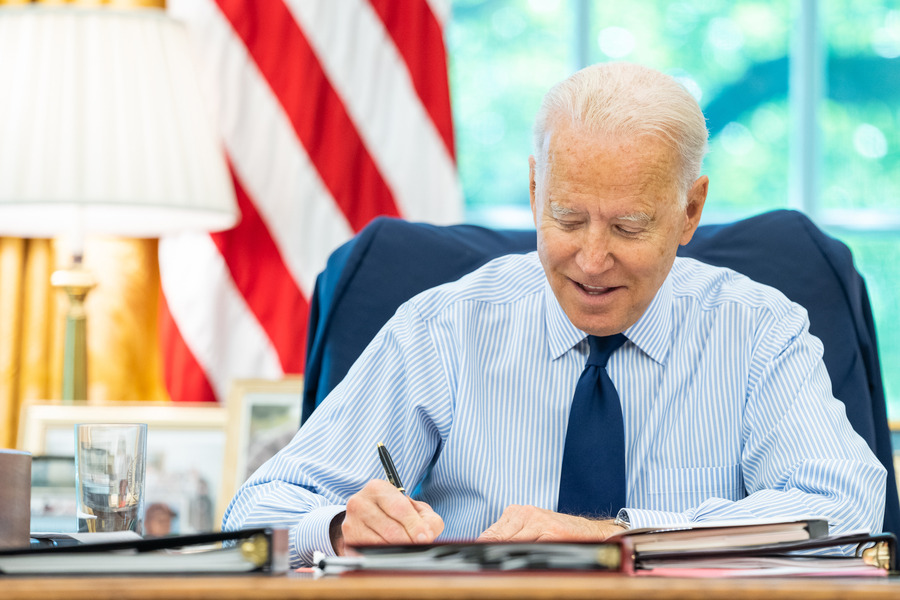Creating New International Law "Justifications" for Using Military Force Against Syria
As I noted in an earlier post, the newly emerging uses of multi-lateral military force for humanitarian intervention -- such as to respond to states that gas their own citizens -- raise profound issues about the relationship between "the rule of (international) law" and morality/political judgment. Under existing international law, it is difficult to justify legally use of military force against Syria; there is no self-defense justification and no approval from the Security Council.
Published by The Lawfare Institute
in Cooperation With

As I noted in an earlier post, the newly emerging uses of multi-lateral military force for humanitarian intervention -- such as to respond to states that gas their own citizens -- raise profound issues about the relationship between "the rule of (international) law" and morality/political judgment. Under existing international law, it is difficult to justify legally use of military force against Syria; there is no self-defense justification and no approval from the Security Council. And try to imagine the process of revising the governing legal text -- the UN Charter -- to permit force in new circumstances not contemplated when the Charter was created.
National political leaders in these situations have three options.
First, they can conclude, with tragic sorrow, that even though they believe the most compelling moral and political reasons exist for using military force, they cannot act because international law prohibits it: military force would be illegal.
Second, they (and notice, of course, the prior question of who the "they" are, or must be, to justify this) can acknowledge that they are violating international law, but that they believe their actions are justified for reasons more important than the "rule of law." That's the position taken in this blunt opinion piece in the NY Times, titled "Bomb Syria, Even If It is Illegal," by Professor Ian Hurd. Similarly, legal academics whom we might call "legal purists" have long taken the same position: there might be times when compelling reasons exist for Presidents, Prime Ministers, or governments to take action even though it is illegal, but they should frankly announce they are acting illegally and explain their reasons nonetheless for doing so. That is, they should explain why some values, in a certain context, are more important than "the rule of law." But this position, however admirable its candor, is easier to take from outside a position of governing responsibility than inside. Particularly in an age in which international institutions exist for criminal prosecution of political leaders for "war crimes" -- but not just for that reason -- can we imagine political leaders acknowledging they are using military force illegally -- and is it right to demand this of them?
Third, they can do what the British government now appears to be doing: turn the compelling moral reasons in which they believe into new "legal" justifications for the use of force. This creates a kind of illusion (perhaps necessary, perhaps justified) that they are complying with existing international law -- when the truer account is that they are creating new legal arguments outside the framework of existing law. For the British government , it is particularly important to purport to show that their participation against Syria would be consistent with international law, given the enormous, lingering internal controversy that exists about whether Tony Blair's support for the Iraq war was illegal. Here is the direction the British "legal" justification appears to be going:
Downing Street said any military action would be designed to act as a deterrent against the future use of chemical weapons by the Assad regime and by others around the world. The prime minister's spokesman said any action would be fully in line with international law. "Any use of chemical weapons is completely abhorrent and against all international law," the spokesman said. "In terms of endgame, this is about looking at how we deter the use of chemical weapons because this is something that is completely abhorrent and against all international law. This is about deterring the use of chemical weapons."This might well come to be the "legal" justification used by the countries, including the U.S., that participate. Everything "Downing Street" says here is powerful and perhaps international law should be changed to permit the use of force as a response to certain internationally recognized war crimes. But this is an effort to make new law (or to create new legal arguments), not to apply existing international law, as Ashley Deeks, a first-rate, experienced international lawyer points out in more detail here. I say this not to criticize the British or this argument, but to be realistic about what's going on. Legal arguments of the third type often mask arguments that in reality are of the second type. But that cannot be said by political figures, perhaps for good reasons. Yet if we don't ask hard questions about these kind of legal arguments, we can much too easily avoid the underlying reality that we sometimes face profound conflicts between law and morality/political judgment -- particularly in the international arena, for reasons I noted in my prior post.
Professor Pildes is the Sudler Family Professor of Constitutional Law and Co-Faculty Director for the Program on Law and Security at NYU School of Law. His scholarship focuses on legal issues concerning the structure of democratic institutions and politics, separation of powers, administrative law, and national-security law. A clerk to Justice Thurgood Marshall at the United States Supreme Court, Professor Pildes has been named a member of the American Academy of Arts and Sciences, a Guggenheim Fellow, and a Carnegie Scholar.





